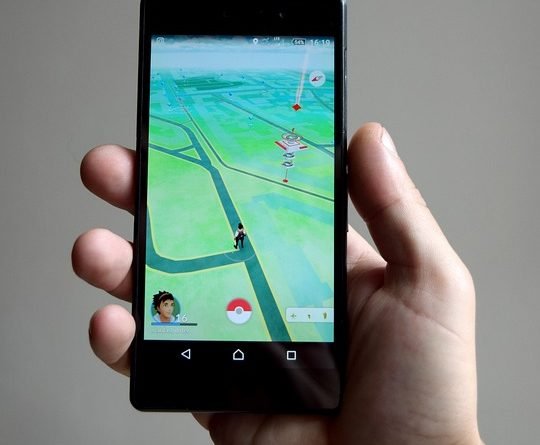The Psychological Effects of Virtual Reality: How Immersive Experiences Shape Behavior
Virtual reality has become increasingly popular in recent years, with advancements in technology allowing people to enter a whole new world with just a headset and controllers. While virtual reality can be a fun and entertaining way to escape reality, it also has psychological effects that can shape a person’s behavior.
One of the most notable psychological effects of virtual reality is immersion. When someone puts on a VR headset, they are transported to a different world where they can interact with their surroundings in ways that were previously impossible. This sense of immersion can create a feeling of presence, where the virtual world feels just as real as the physical world.
This feeling of presence can have a profound impact on a person’s behavior. Studies have shown that people who experience presence in virtual reality are more likely to exhibit behaviors and reactions similar to those they would have in the real world. For example, if someone is placed in a virtual environment where they have to navigate through a dangerous situation, they may experience the same levels of fear and anxiety as they would in a real-life scenario.
Additionally, virtual reality can also have an impact on a person’s emotions. Virtual reality experiences can evoke powerful emotions such as joy, excitement, fear, and sadness. These emotions can influence how a person perceives and responds to different situations, both in the virtual world and in the physical world.
Another psychological effect of virtual reality is the way it can alter a person’s sense of self. In virtual reality, people can create avatars that represent themselves in the digital world. These avatars can be customized to look and act however the person desires, allowing them to experiment with different identities and explore aspects of themselves that they may not have the opportunity to in real life.
This sense of agency over one’s virtual self can have a profound impact on a person’s self-esteem and confidence. Some studies have shown that people who create avatars that resemble their ideal selves in virtual reality experience a boost in self-confidence and a more positive sense of self-worth.
However, virtual reality is not without its risks. Some researchers have raised concerns about the potential negative effects of prolonged exposure to virtual reality, such as increased feelings of isolation, dissociation from reality, and addiction. It is important for users to be mindful of their virtual reality usage and to take breaks to ensure that they are maintaining a healthy balance between the virtual and physical worlds.
In conclusion, virtual reality has the potential to shape a person’s behavior and emotions in profound ways. The immersive experiences provided by virtual reality can create a sense of presence, alter a person’s sense of self, and evoke powerful emotions. While virtual reality can be a fun and entertaining way to escape reality, it is important for users to be aware of the potential psychological effects and to use it in moderation to avoid any negative consequences.
